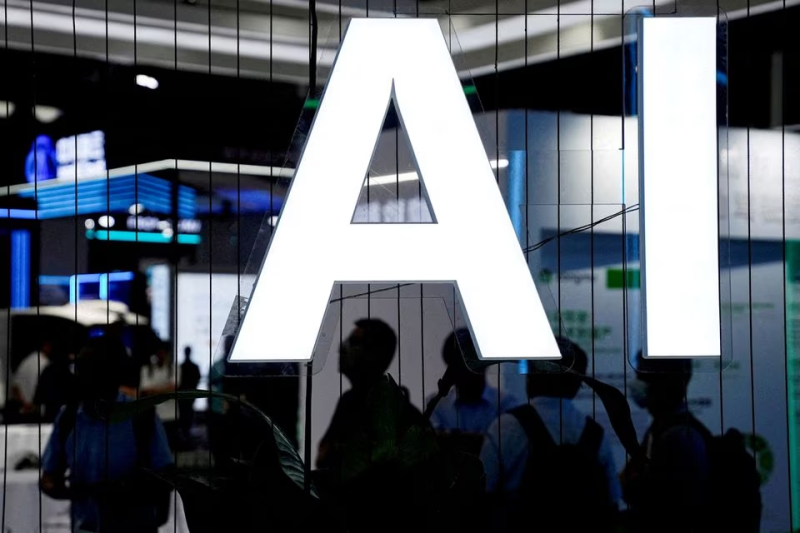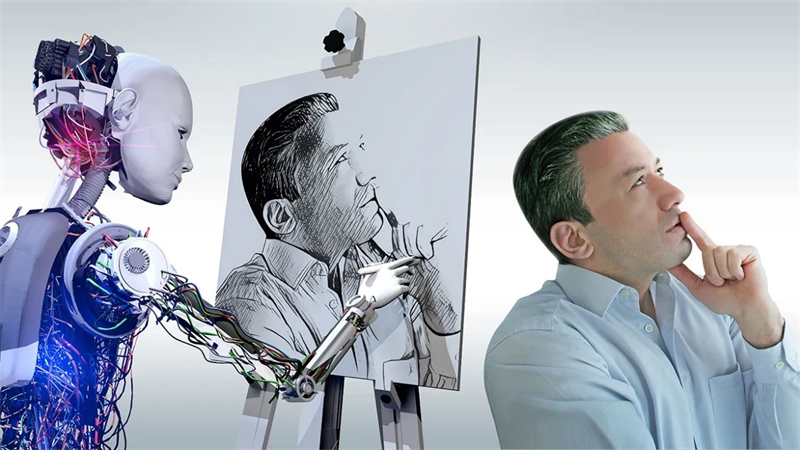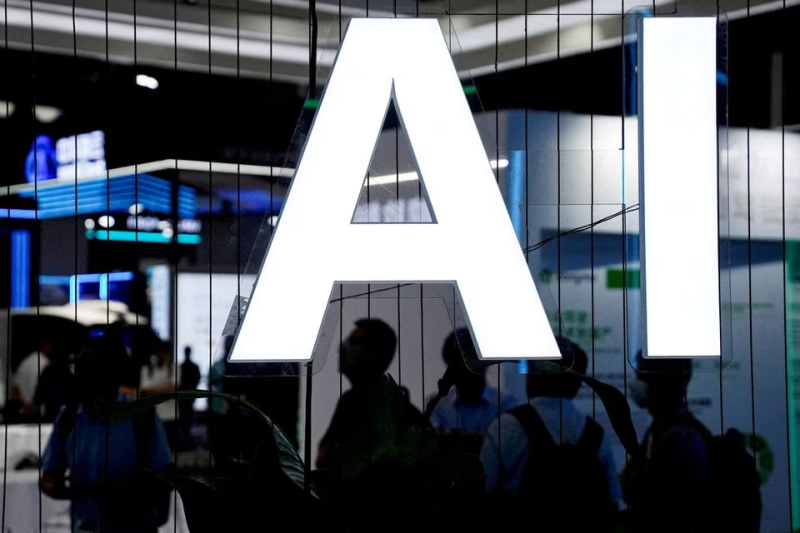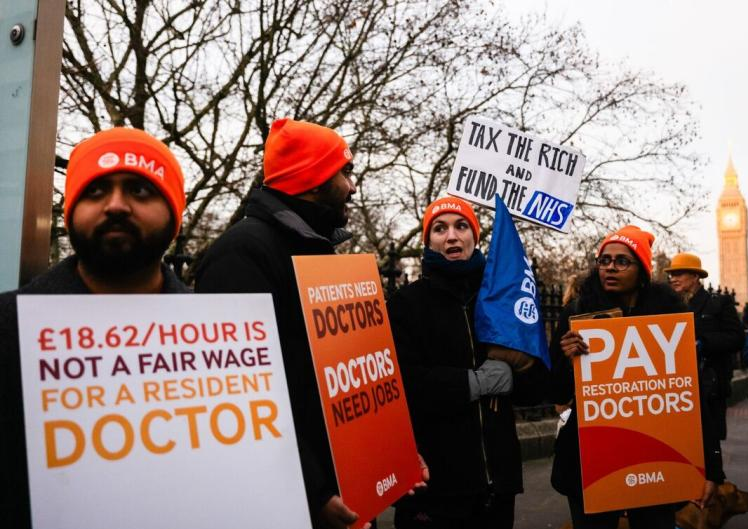
Are works created by machines copyrighted? The issue has been controversial for much longer than most people think. In the 19th century, the United States Supreme Court first overturned the idea that machine copies did not qualify for copyright protection. Photos taken by photographers using cameras are protected by copyright. With the development of The Times, the latest assault on the law is sounded by AI.
The New Entrance to Heaven was created and named by image generator DABUS
Stephen Thaler, an American computer scientist, runs an AI company called Imagination Engines. In 2018, he applied for copyright protection for A Recent Entrance to Paradise, an art work created by his AI system Creativity Machines, but was rejected by the copyright office, so he filed a lawsuit.
Thaler lists himself as the copyright owner in his application. He insisted that AI should qualify as a creator, that the owner of an AI system is the true owner of the copyright "if it meets the criteria for authorship," and that the Copyright Office's refusal was "arbitrary and capricious," an abuse of discretion and a violation of the Administrative Procedure Act.

Art Robot drawings are not protected by copyright
On Aug. 18, Judge Beryl A. Howell of the United
States District Court for the District of Columbia denied the request in A strongly worded ruling in which she repeatedly emphasized the lack of "human identity" in the creation of the author's work, Although she acknowledged that "new territory" related to wider acceptance of AI technology by artists raises challenging issues, this is the third time the court has rejected the application.
Thaler now plans to appeal the case. Saylor's lawyers said they disagreed with the federal judge's interpretation of copyright law. The U.S. Copyright Office said it supported the court's decision.
In fact, similar cases have piled up in American courts. In September last year, cartoonist Kristina Kashtanova registered the copyright to his comic book Zarya of the Dawn. Some of the illustrations were made using the AI software Midjourney, but she did not inform the copyright Office. After the copyright Office became aware of the situation, some of the copyright protection of the comic was revoked. In July, US comedian and author Sarah Silverman and two other best-selling authors jointly sued Meta and OpenAI for using their books to "train" artificial intelligence software without the consent of the authors. In addition, a separate lawsuit filed by American artist Matthew Butterick accuses OpenAI, GitHub, and Github's parent company Microsoft of infringing data scraping practices.
Although the specific regulations have not yet been introduced, the copyright security issue is already on the table, and more people need to pay attention to it. The introduction of relevant cases one after another indicates that AI works have a long road to obtain copyright.
At present, most people hold the view that AI creation should not be protected by copyright, and providing text prompts for AI drafting tools does not count as the "master brain" of the final image generation, and cannot count as the creator. And as Judge Howell put it, "U.S. copyright law only protects works created by humans."

AI is an important driving force for a new round of scientific and technological revolution and industrial transformation
No one really knows how the legal and AI situation will play out. The author believes that whether it is AI cartography or artificial intelligence technologies such as ChatGPT, they are essentially tools that serve us like cameras and pens. With the development and popularization of science and technology, AI creative works will eventually get copyright protection to a certain extent like photos. What needs to be paid more attention is how law can gain advantages in the race with scientific and technological progress in the current era of information explosion and rapid development of science and technology. Perhaps using AI to outperform AI and using algorithms to derive laws is a path worth thinking about.

Junior doctors in the UK officially launched a five-day strike on Wednesday (December 17th).
Junior doctors in the UK officially launched a five-day str…
The Thai Pride Party is considering nomasting three candida…
With the continuous intensification of international sancti…
With $15.82 billion in sales and a 108% year-over-year incr…
According to the South Korean media Dealsite, the recent te…
The current geopolitical conflicts around the world are oft…